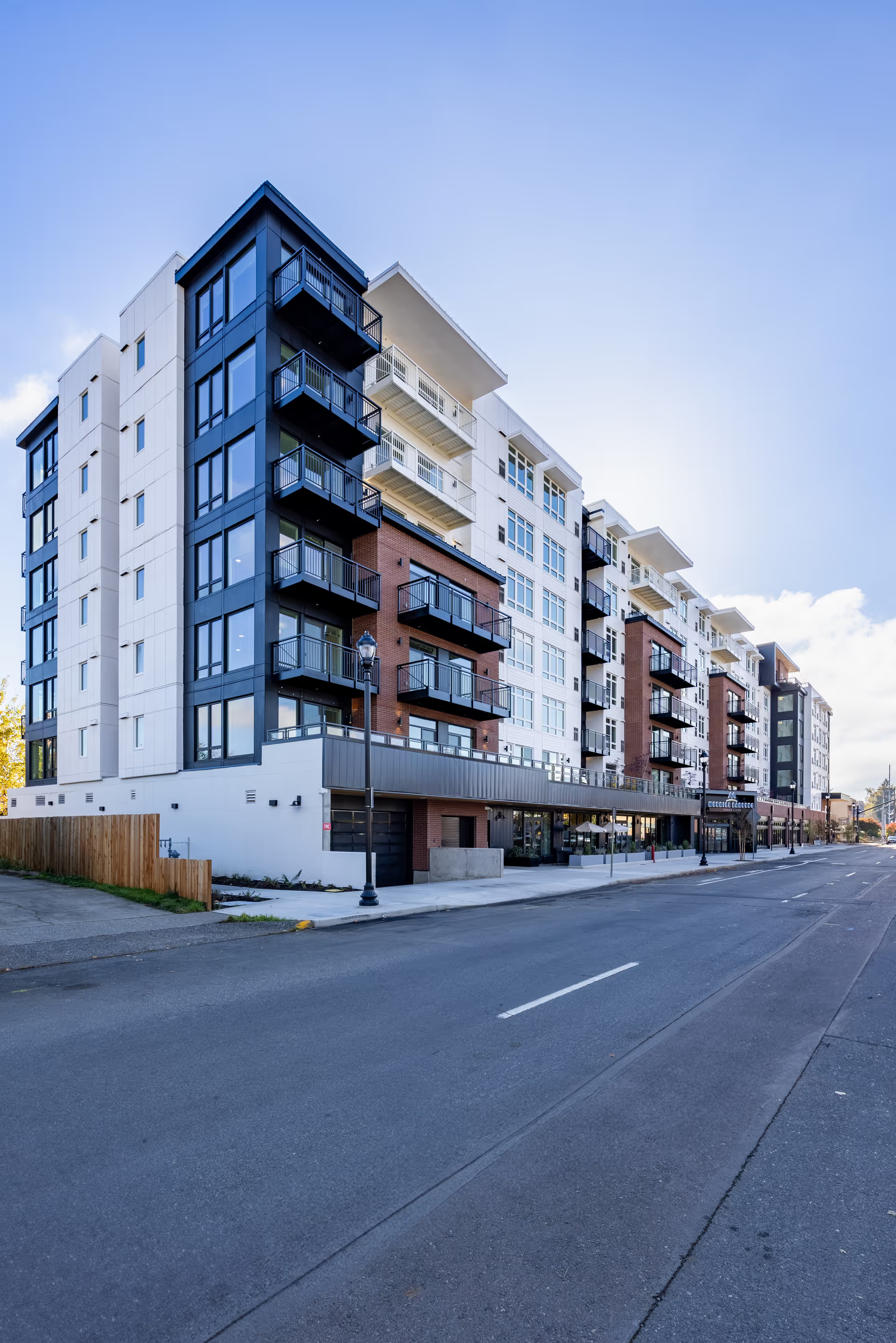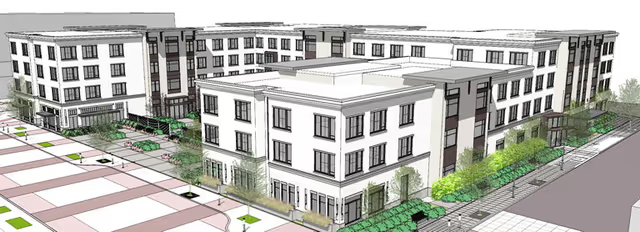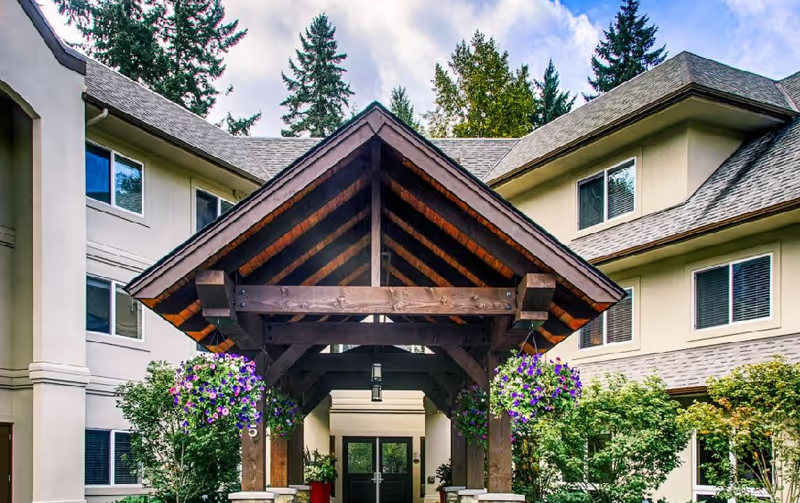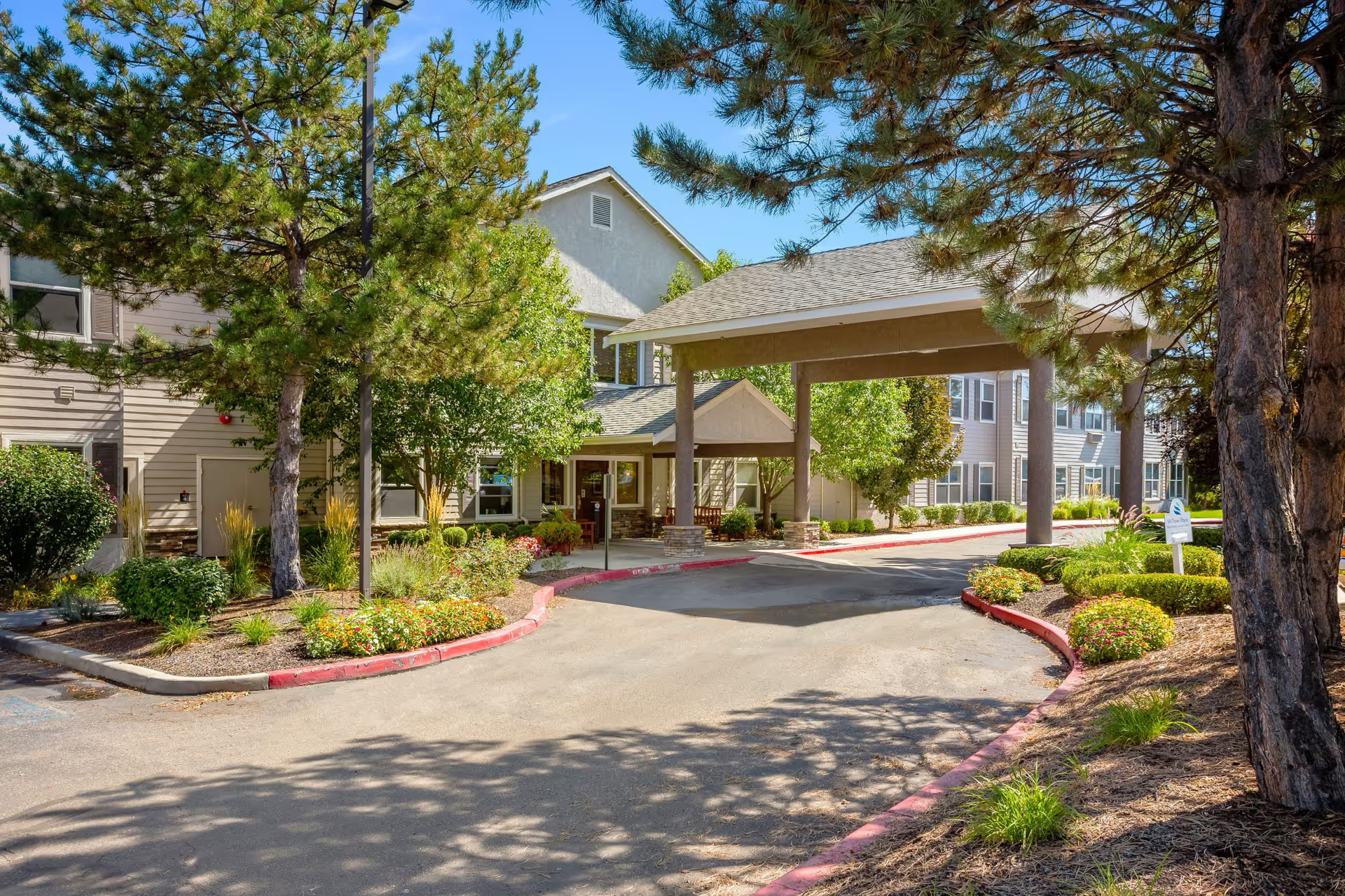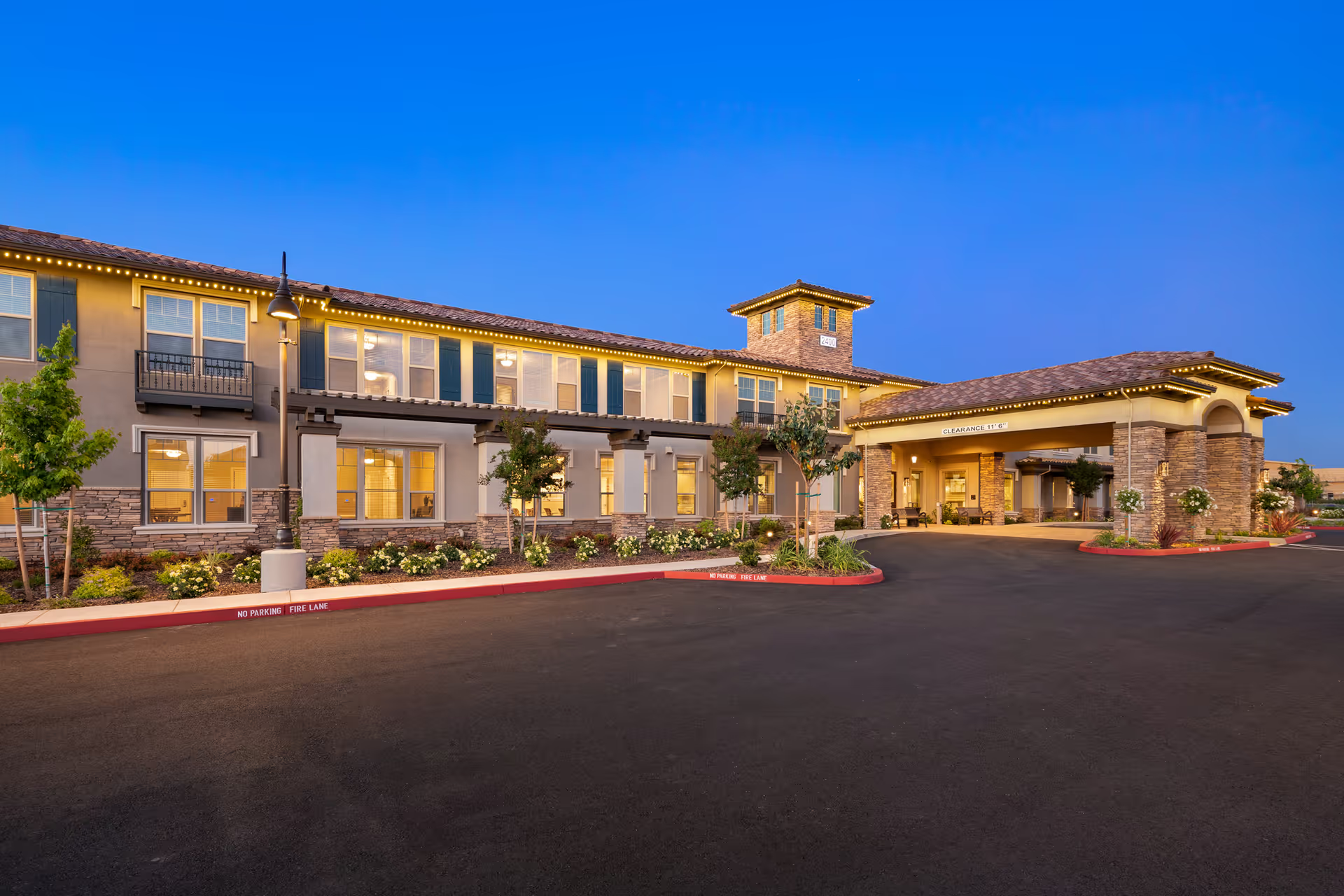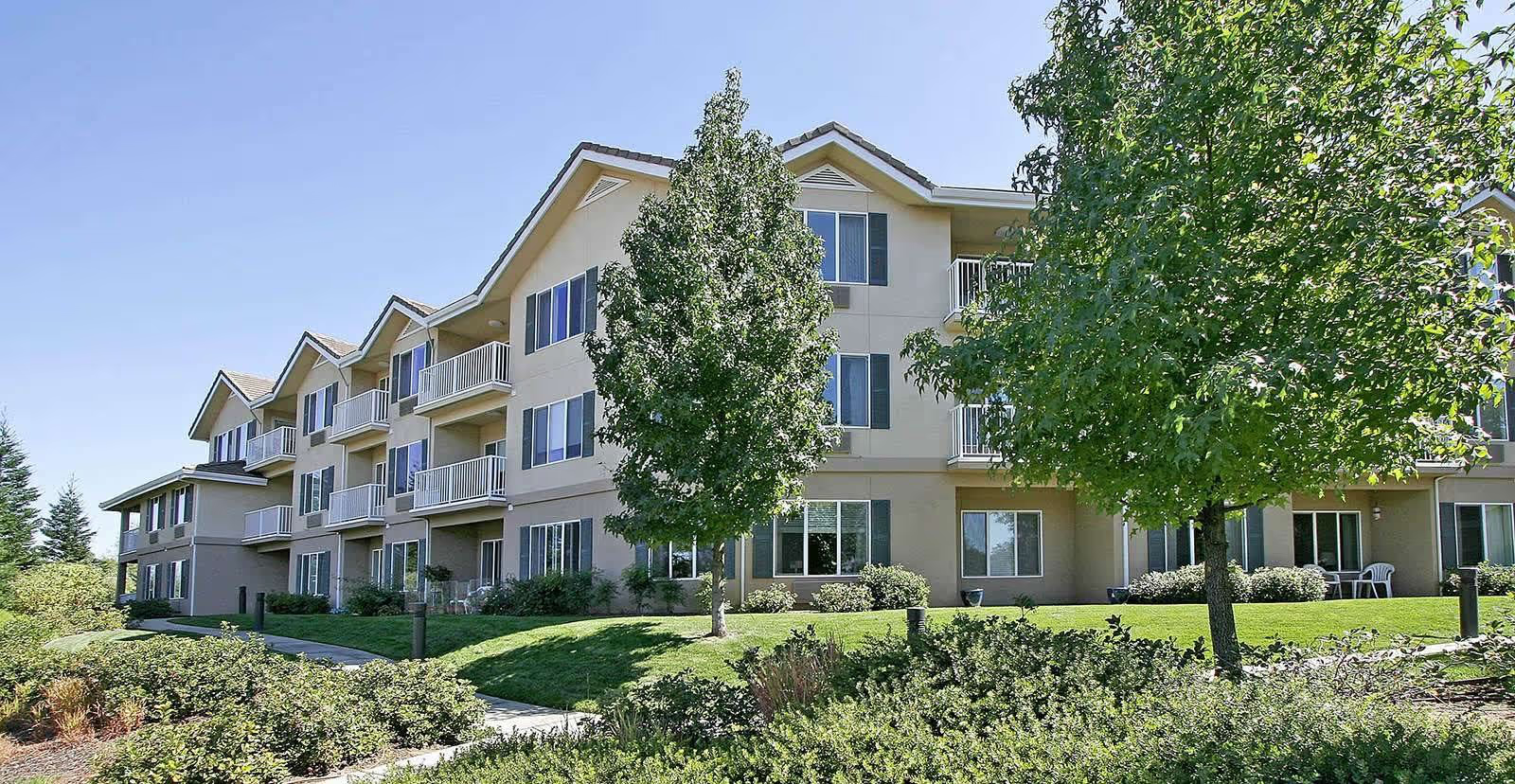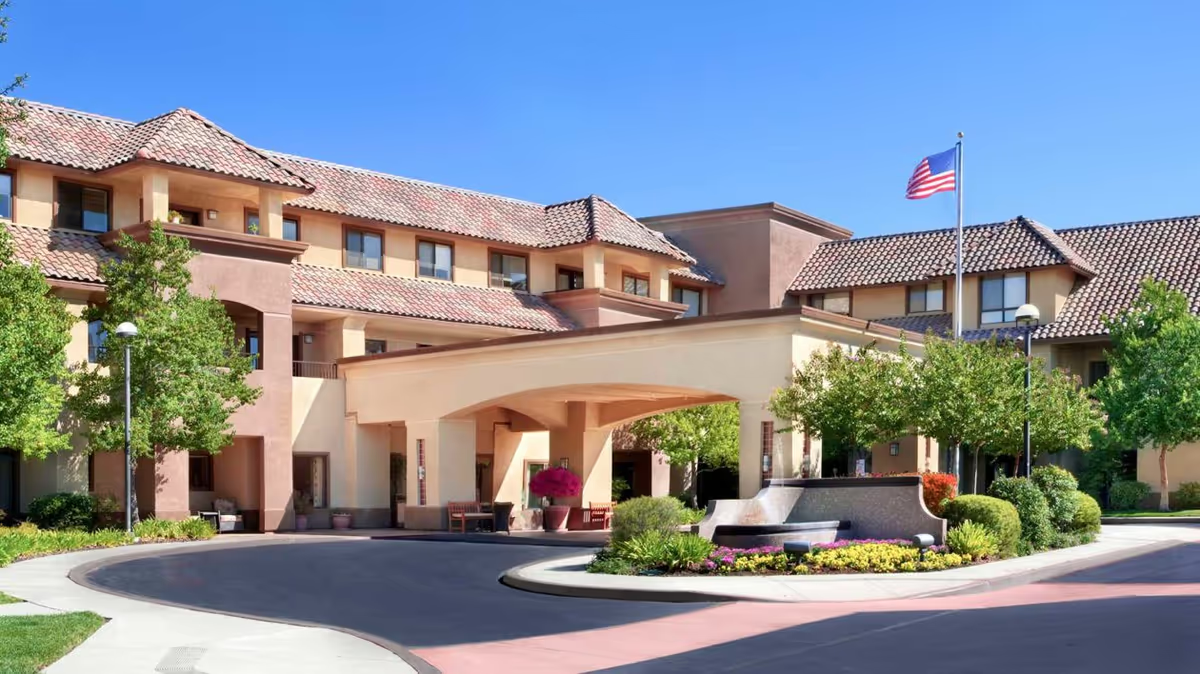Overall sentiment in the reviews is strongly positive, with the majority of reviewers praising Windsor Gardens Memory Care by Belamour Care for its high-quality, person-centered memory care. The facility is repeatedly described as home-like, cozy, and small, which reviewers associate with individualized attention, a family atmosphere, and meaningful relationships between staff and residents. Multiple comments highlight that residents appear happy, well-groomed, engaged, and safe; families report peace of mind and frequently recommend Windsor Gardens as one of the best memory care options in town.
Care quality is one of the most consistent strengths in the reviews. Many reviewers emphasize experienced, well-trained, and compassionate caregivers who provide gentle, personalized assistance. Staff are described as attentive, patient, and skilled in dementia/Alzheimer’s care, often going "the extra mile." There are many specific notes of clinical competence — for example, diabetes stabilization/management and appropriate hospice care in several cases — and repeated mention that residents receive one-on-one attention when needed. Reviewers also point to stability among staff and consistent caregivers, which supports continuity of care and relationship building with residents.
The facility and safety features receive frequent praise. Windsor Gardens is characterized as extremely clean, organized, and well maintained, with a pleasant layout including a central courtyard, back patio, and attractive landscaping. Security and resident safety are highlighted often — fenced campus and measures to prevent wandering are specifically mentioned as reassuring features for families of people with memory impairment. Reviewers also note that the facility has passed state inspections and earned positive professional endorsements, lending further credibility to the quality and compliance of care provided.
Dining, activities, and daily life are other notable positives. Food is described as delicious, healthy, and served in a home-like dining room, with many reviewers satisfied with meal quality. Activity programming is varied and memory-focused — crafts, jewelry making, music, dancing, singing, and ongoing engagement are cited frequently. These social and recreational elements contribute to residents feeling stimulated, social, and sometimes even showing memory improvements or increased engagement. Grooming and personal appearance are also repeatedly praised: residents have styled hair, manicures, and are described as well cared for socially as well as medically.
Management, communication, and a few operational concerns show some inconsistency across reviews. Many families praise hands-on owners, strong communication (care reports), informative staff, and supportive administrators who partner with families. However, a small number of serious negative reports surface and merit attention: one review alleges a medication error and poor hospice notification, another cites a price increase after hospice admission without documentation and restrictive visiting hours leading to patient isolation. These incidents contrast with many other reviews praising management and suggest variability in administrative performance or isolated lapses in process adherence. Reviewers also mention areas for environmental improvement such as lighting and acoustics/noise control, which while minor compared with clinical praise, are recurring points.
In summary, Windsor Gardens Memory Care is portrayed overwhelmingly as a compassionate, small-scale memory care community with an emphasis on personalized, respectful dementia care, strong caregiver-resident relationships, safety, cleanliness, and engaging daily life. The main strengths are the caring and experienced staff, family-like atmosphere, specialized memory-care programming, and secure, well-maintained environment. The most significant negatives are isolated but consequential administrative or clinical lapses reported by a few families (medication error, hospice communication, unexplained billing change, restrictive visiting), and some environmental refinements (lighting, acoustics) that could enhance comfort. Prospective families should weigh the strong, consistent praise around care quality and individualized attention against the few reports of administrative problems; asking about hospice procedures, medication-safety protocols, visitation policies, and documentation for pricing changes during a tour or intake conversation would be prudent steps based on these reviews.
